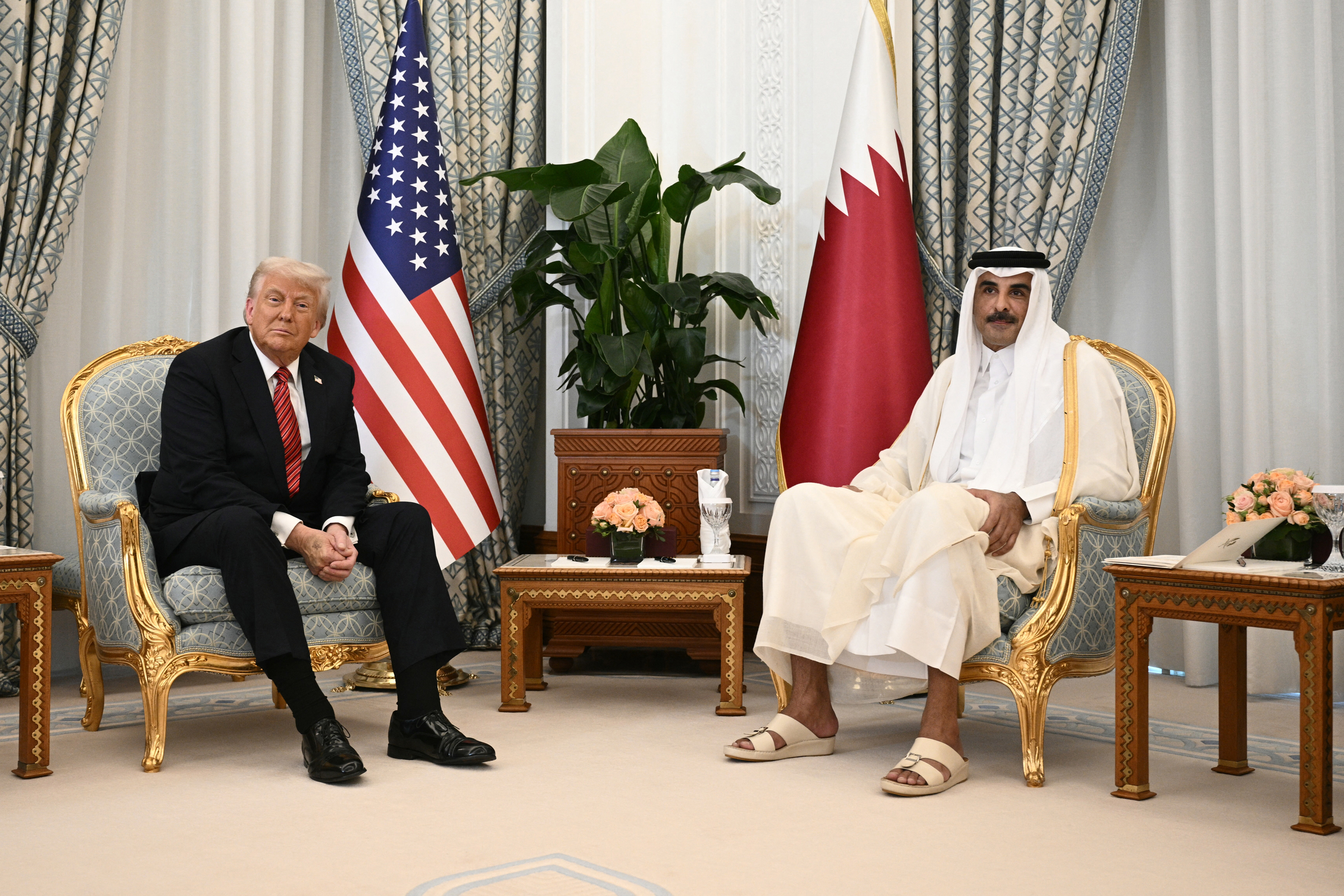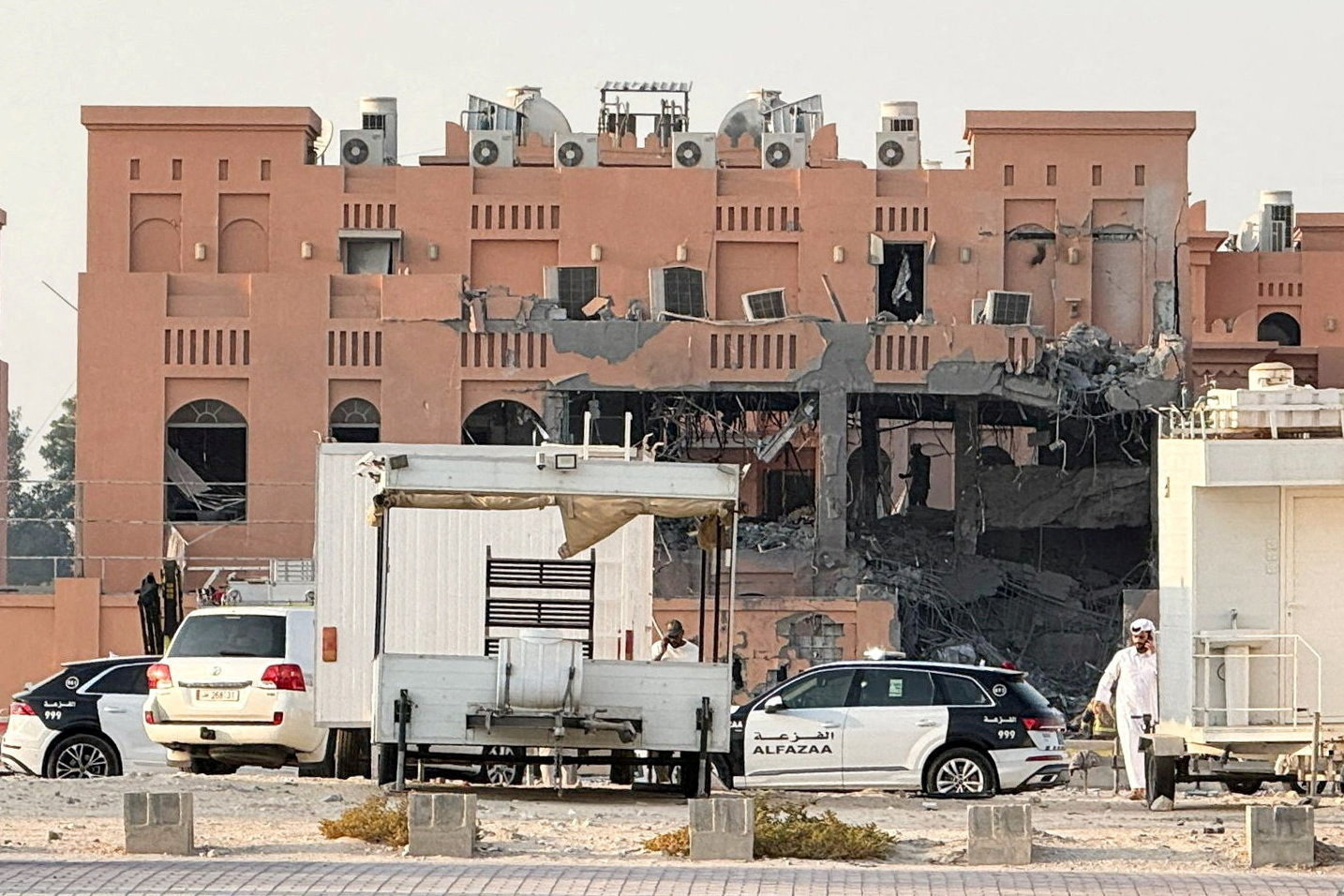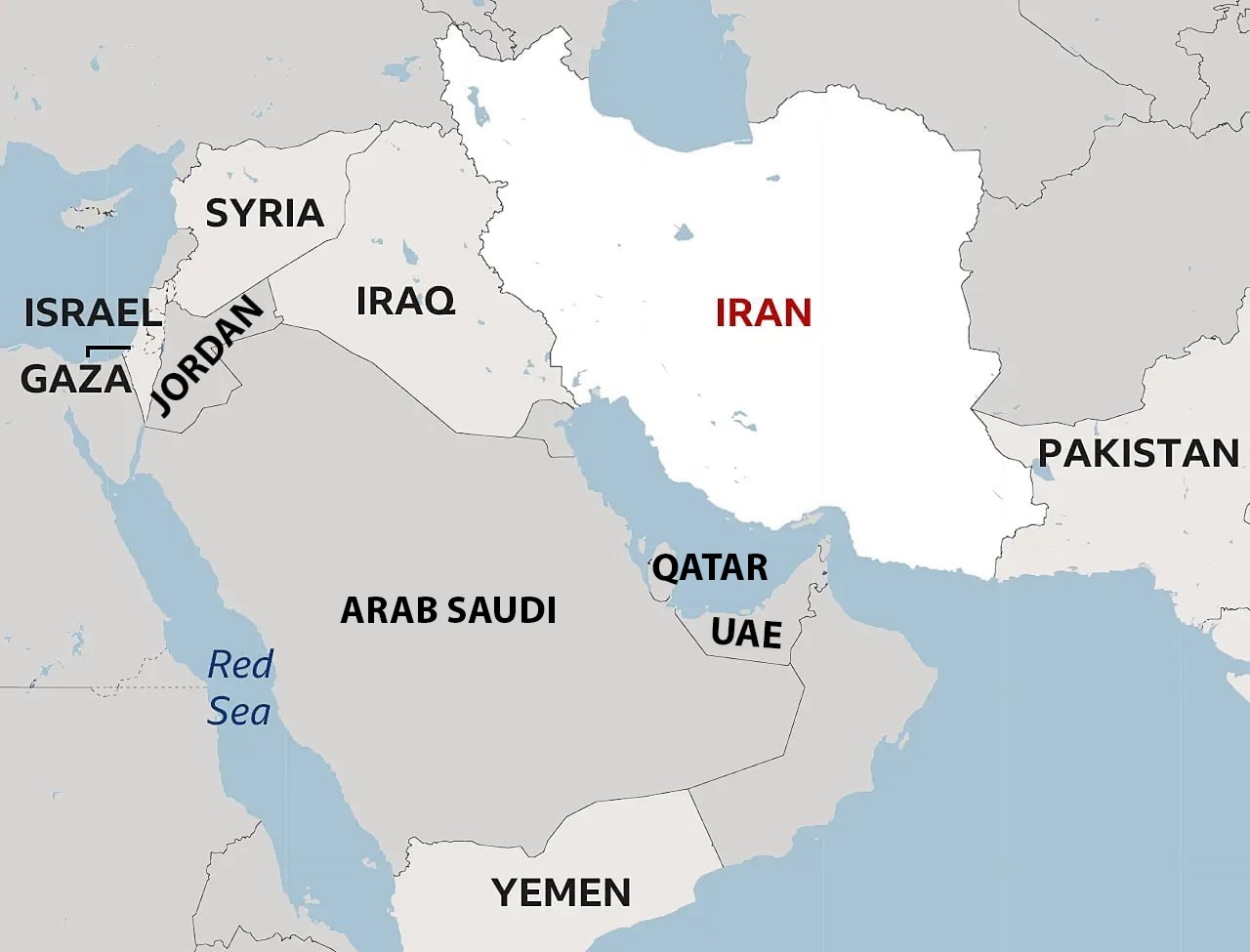Qatar hosts al-Udeid, the largest US military base in the Middle East, and has invested billions of USD in advanced air defense systems from Washington. In May, Qatar welcomed President Donald Trump, signed significant investment deals, and gifted the US government a Boeing aircraft.
These actions were expected to strengthen Qatar's alliance with the US and solidify Washington's security commitment to Doha. However, those expectations were shaken on 9/9 when Israel launched an airstrike on Hamas leaders in Doha, killing 6 people, including a Qatari security officer, with no significant response from the US.
US forces in the region did not intercept the Israeli missiles, despite al-Udeid air base being only about 30 km from the target. This inaction suggests to some Arab nations that Washington may not intervene in Tel Aviv's Middle East operations, even when they occur within the sovereign territory of allies.
"This could significantly impact how nations in the region view US security commitments," said Ted Singer, former head of Middle East operations at the Central Intelligence Agency (CIA), to Middle East Eye.
 |
US President Donald Trump (left) and Qatari Emir Tamim bin Hamad al-Thani in Doha on 14/5. Photo: AFP |
US President Donald Trump (left) and Qatari Emir Tamim bin Hamad al-Thani in Doha on 14/5. Photo: AFP
Like Qatar, other Gulf countries such as Saudi Arabia, the United Arab Emirates (UAE), and Bahrain have long relied on the security umbrella provided by the US. They host US military bases and purchase American weapons, expecting protection from all threats, especially from Iran.
"They have invested heavily in furthering US interests, and Israel's strike on Qatar undermines faith in that formula. Is investing billions of USD in the US still worth it?" commented Merissa Khurma, a researcher at the Baker Institute.
In Qatar, Doha residents feel betrayed, not only because they are US allies but also because they are actively working to promote peace talks to end the Gaza conflict, a goal shared by Trump. Qatari Prime Minister Mohammed Bin Abdulrahman Al Thani, known for his composure, expressed outrage during a press conference about the attack.
"Benjamin Netanyahu says he will redraw the map of the Middle East," Al Thani said, referring to the Israeli Prime Minister. "Is the message here that Israel intends to redraw the Gulf as well?"
 |
A damaged building after the Israeli attack on Doha, Qatar, on 9/9. Photo: Reuters |
A damaged building after the Israeli attack on Doha, Qatar, on 9/9. Photo: Reuters
Israel, also a US ally, has had conflicts with several Gulf states and has not yet normalized relations with many of them. During his first term, Trump brokered deals to restore Israeli relations with the UAE, Bahrain, and Morocco. However, this effort stalled after Israel launched its campaign against Hamas in Gaza, resulting in significant Palestinian civilian casualties.
Arab nations weren't overly concerned when Israel attacked Iran in June, as Tehran is a common adversary. However, as the Arab bloc benefits from Iran's weakened influence, they are becoming uneasy about Israel potentially exploiting its military and intelligence advantage in the region.
"Gulf countries are worried that Israel's military strength and lack of restraint could escalate conflicts and ignite regional instability in the future," said Asher Fredman, director of Israel affairs at the Abraham Accords Peace Institute.
Analysts believe the impact of the Israeli airstrike will extend beyond Qatar.
The Israeli airstrike is considered a "red line crossed" for the entire Gulf, as Qatar is a member of the Gulf Cooperation Council (GCC), an organization with a core principle of collective security, according to Hasan Alhasan, a Middle East policy researcher at the International Institute for Strategic Studies (IISS) in Bahrain.
"Israel has now demonstrated that they are a direct threat to Gulf security, and the nations in the region lack the capacity to respond. The incident with Qatar will prompt GCC countries to re-evaluate their relationship with the US," Alhasan stated.
"If you're an Arab nation hosting a US base, and then a US ally attacks Qatar, you're bound to question the US security umbrella you've paid so much to maintain," noted Ellie Geranmayeh, deputy director of the Middle East and North Africa program at the European Council on Foreign Relations.
 |
Several countries in the Middle East. Graphic: BBC |
Several countries in the Middle East. Graphic: BBC
It remains unclear how the Israeli airstrike will affect the stalled ceasefire negotiations with Hamas. However, trust between the US and its Gulf partners has been damaged, and the extent of the impact will depend significantly on President Trump's message to his allies.
On 9/9, President Trump expressed disapproval of Israel's airstrike on Qatari territory, stating that he had tried but was "unfortunately too late" to prevent Tel Aviv's action. He is scheduled to meet soon with Prime Minister Mohammed Bin Abdulrahman Al Thani in New York to discuss the matter.
"This is a critical test," said Bader Al-Saif, associate professor of history at Kuwait University. "If Gulf leaders don't act decisively now, they will become mere components in an Israeli-led power dynamic and an Israeli-controlled regional order."
Nhu Tam (According to WSJ, Middle East Eye, CNN)












